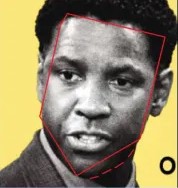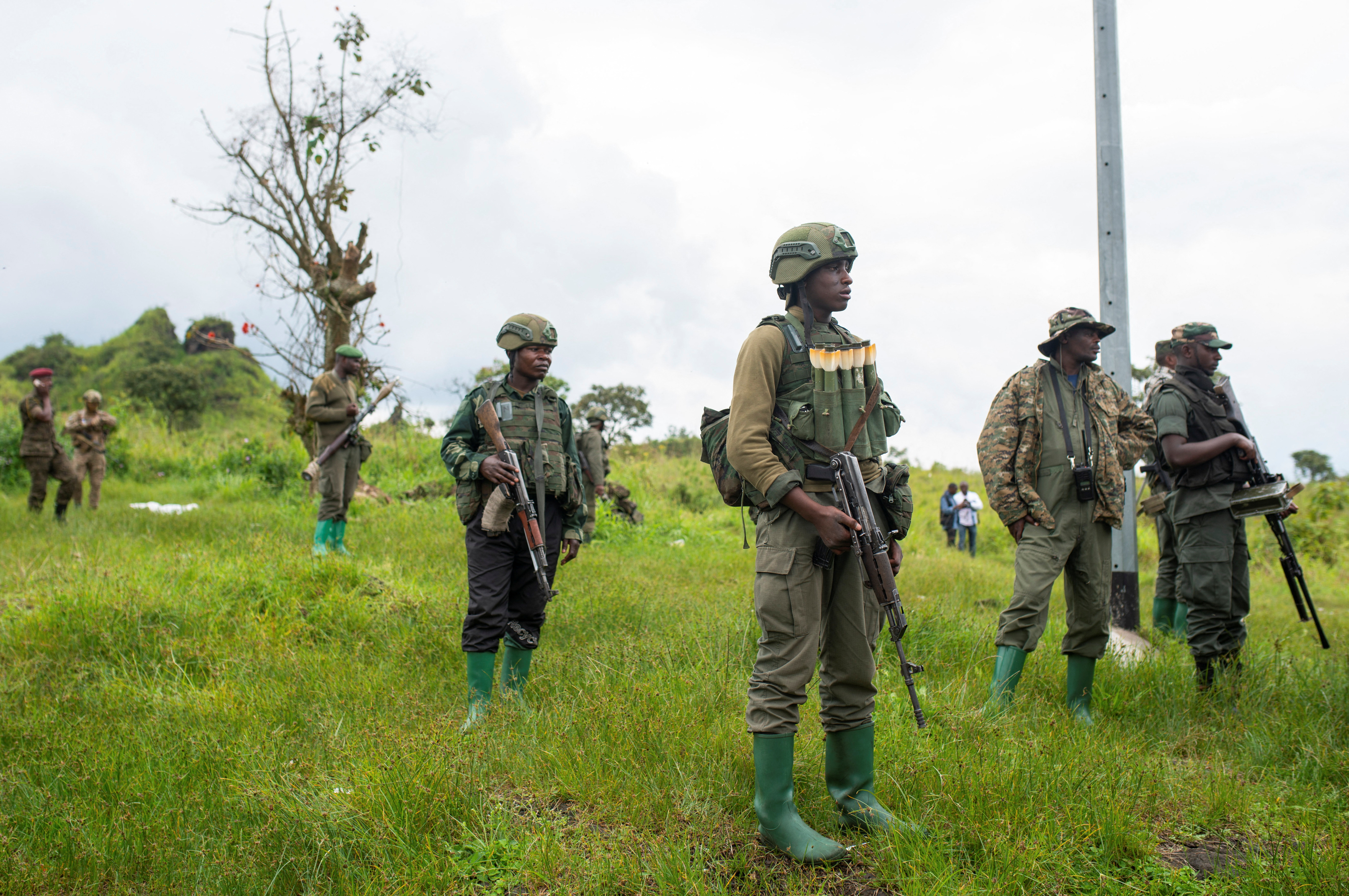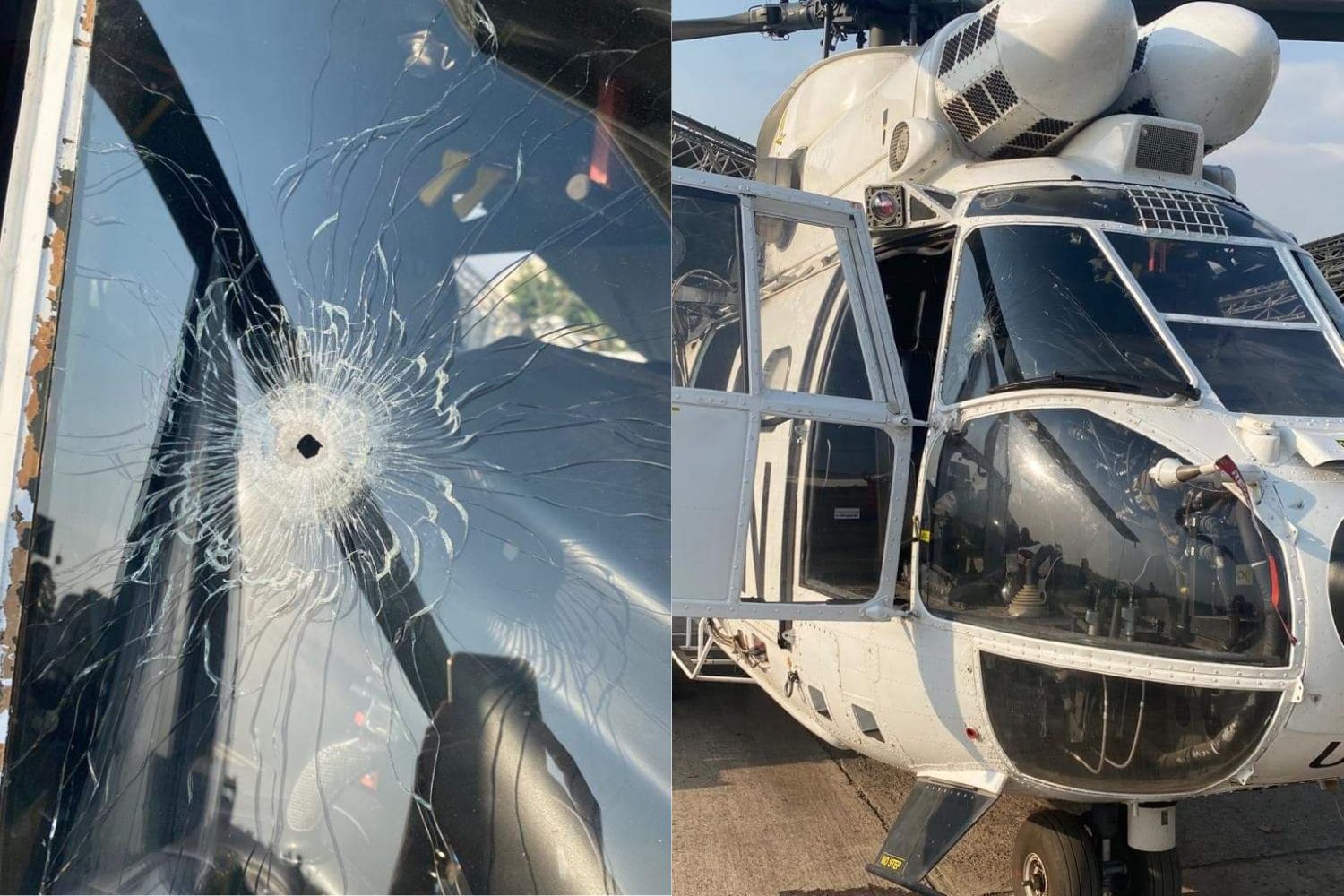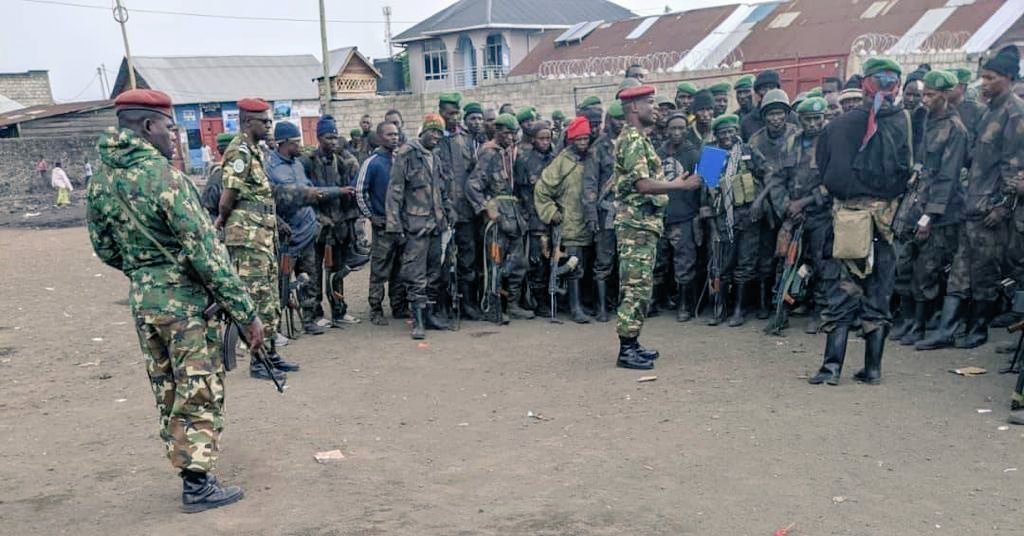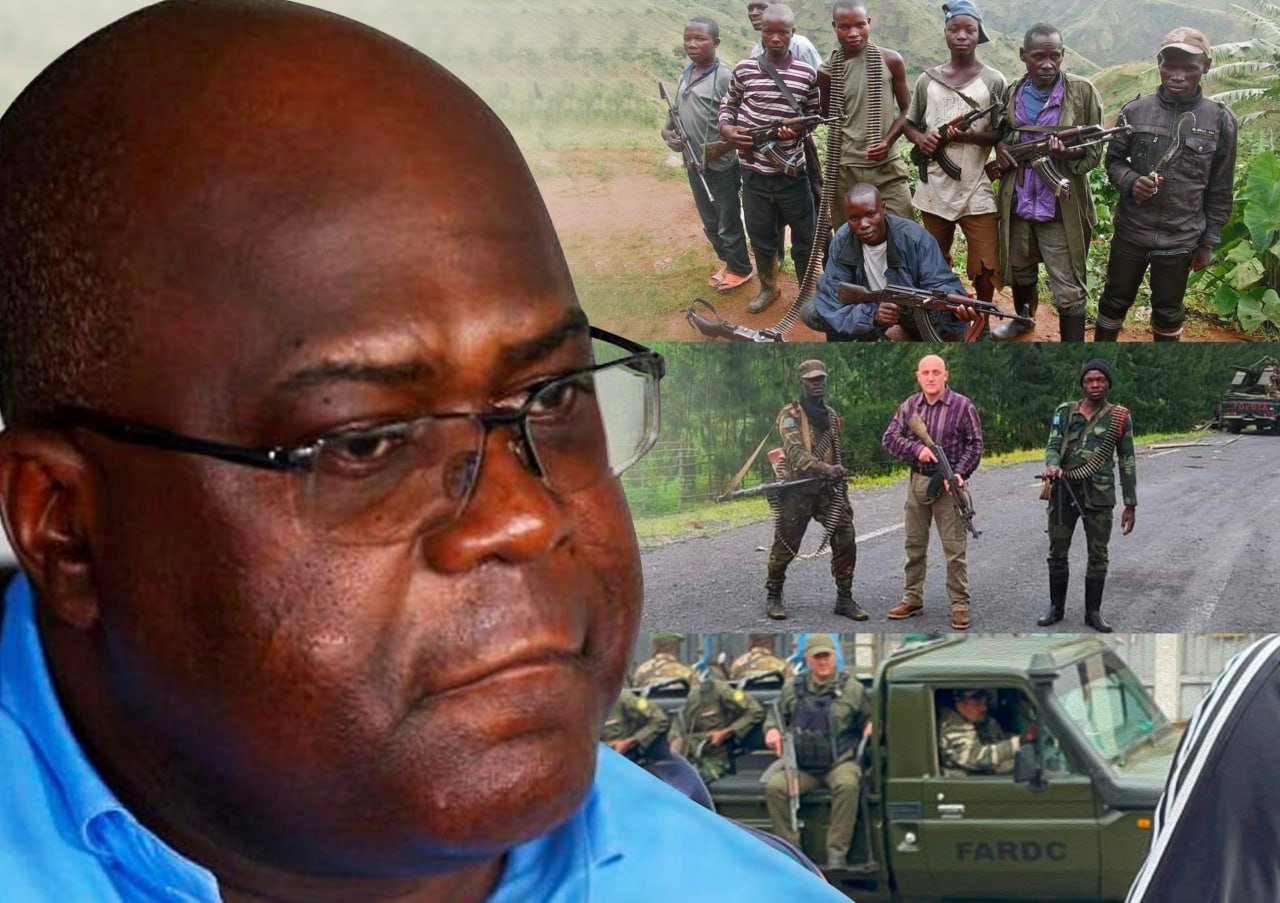Regional
US knowingly ignores plight of Kinyarwanda-speaking Congolese

The United
States has been deliberately turning a blind eye to human rights violations
against Kinyarwanda-speaking Congolese amidst the renewed conflict between the
DRC government and M23 rebels.
Despite
understanding the underlying issues at play, the US has opted to remain silent
and align itself with the oppressive government. In a February 17 statement, the
State Department condemned the worsening violence and called on the M23 to
cease hostilities immediately and withdraw from its current positions around
Sake and Goma and in accordance with the Luanda and Nairobi processes.
Does
the US endorse peace negotiations?
The Luanda
and Nairobi processes require the parties to the conflict to resolve any future
differences between them through dialogue and any other peaceful means.
If the
US accepts this peace process, why are they accusing one side while leaving the
other?
Why
hasn't the US issued any statements urging Kinshasa to halt hostilities and
participate in political dialogues?
The DRC
armed forces, FARDC, SADC, MONUSCO, European mercenaries, and the Burundian
army all gathered together to fight the M23 rebels, aligning with DRC President
Felix Tshisekedi’s ethnic cleansing agenda.
The US
is overseeing the looming genocide against Congolese Tutsi, who are fighting
the existential threat posed by Kinshasa, with hundreds of thousands of
Congolese civilians fleeing to neighboring countries.
The US
knows the truth but ignores it.
In
early 2023, released US classified cables on DRC dated October 29, 1965
revealed just much. André J Navez, then US Consul in Bukavu, informed his government
with a detailed account on the killings and discrimination the Rwandophones in
North Kivu were facing.
The
issues back then are almost similar to the current issues under President Félix
Tshisekedi’s rule.
Why
does the US keep turning a blind eye?
The US
cable written 58 years ago clearly points out that Rwandophones in the DRC are
legitimate Congolese citizens, and their persecution began in the 1930s which
is even worse today. But the US still urges the M23 rebels to withdraw from
their localities. Where do they want them to go? Should they become refugees in
their own motherland?
While
the US government comprehends the root causes of the crisis in eastern DRC, it
has chosen a different course of action, refraining from advocating for a
political resolution to the conflict or condemning Congolese authorities for
their discrimination and violence against their own citizens.
Why
does the US ignore the problem of the M23? Clearly, the US does not want to
antagonize its relationship with the Tshisekedi administration because it is
more interested in the vast mineral resources Kinshasa controls.
For many years, the Kinyarwanda-speaking community has endured suffering and has been denied its rights as Congolese citizens. The US is well aware of this situation but sides with Kinshasa for its selfish economic interests.


